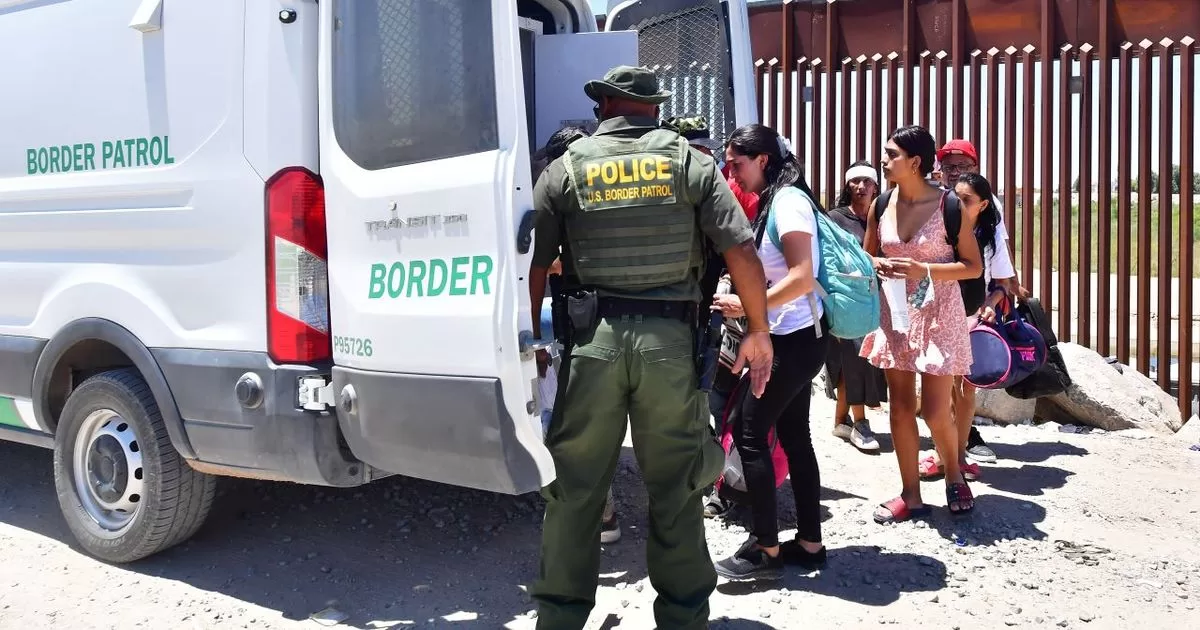Before Brazil went to the polls last October, its then president, Jair Bolsonaro, did not hesitate to stir up the specter of fraud and encourage protests that later led to a coup attempt. Already before, the polls predicted that he would lose power to his rival Luiz Inácio Lula da Silva (as it finally happened) and the far-right president threatened to reject the result.
The world looked at the country with concern. It was hard not to draw parallels with the departure of Donald Trump in the United States (who did not accept Joe Biden’s victory and encouraged the assault on the Capitol).
Lula took office on January 1. As published now Financial Times, the development of events was a reflection of the strength of Brazil’s institutions, but not only that. The publication reveals that it was also the result “of a year-long silent lobbying campaign by the US governments to urge the country’s political and military leaders to respect and safeguard democracy.”
As reported Financial Times“the aim was to stress two consistent messages to Bolsonaro’s generals and close allies: Washington was neutral on the election outcome, but would not tolerate any attempt to question the voting process or the result“.
Financial Times He has spoken with US officials and with Brazilian institutional figures who corroborate this information. Everyone maintains that most of the credit for saving Brazil’s democracy in the face of Bolsonaro’s attack belongs to the Brazilians themselves. “It’s the Brazilian institutions that really made sure the elections took place,” says a senior US administration official. But in a complex context, for Washington too it is important “that we conveyed the right messages and maintained political discipline”.
After the assault on the Capitol on January 6, 2021 by Trump supporters who did not accept the electoral results, Biden was aware that Bolsonaro also question the result of free and fair elections in Brazilsay US officials.
The campaign was not without its risks.. The United States has frequently been criticized for interfering in the internal affairs of countries in the region.
Bolsonaro left Brazil at the end of last December and was not present at the transfer of powers to his successor. A week after the inauguration of Lula da Silva as president, a crowd of Bolsonaristas led the assault on the headquarters of Congress, the Presidency and the Supreme Court. Finally, the ex-president returned to the country, coming from Orlando (Florida), at the end of last March.






